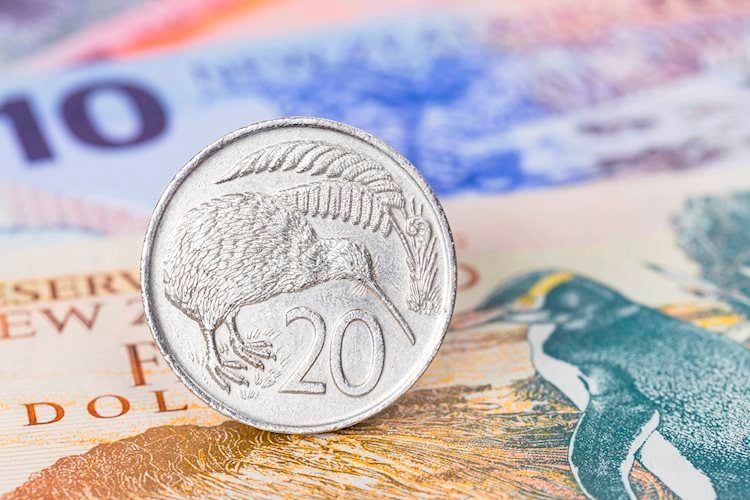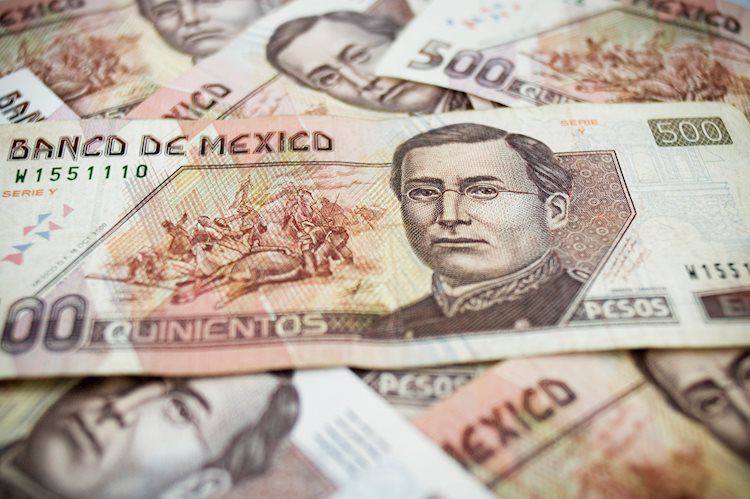The British pound fell to a 37-year low on Friday after new data showed buyers were cutting back on spending as inflation squeezed household budgets, underscoring fears that the economy was already shrinking.
The currency tumbled below $1.14, the lowest since 1985, after the Office of National Statistics said retail sales in August were down 1.6% month-on-month, the biggest drop since December 2021 and significantly worse. than economists expected.
“I think the UK is already in recession,” said Michael Hewson, chief market analyst at CMC Markets UK.
The pound was impacted by a series of weak economic data, but also by the strong rise of the US dollar, an investment considered safe, attracting investors in times of uncertainty.
The dollar is now near its strongest level in about two decades against a basket of major currencies, buoyed by expectations of another big rate hike by the Federal Reserve next week.
But the economic outlook in the UK indicates that the pound is suffering more than most. It has lost more than 15% of its value against the dollar this year, compared with a 12% decline in the euro.
A plan by Prime Minister Liz Truss to subsidize energy bills for homes and businesses may ease the pain this winter, but it may not be enough to restore growth. The Bank of England predicted a prolonged recession.
Investors have also been uneasy by indications the government will pay for its energy programme, which could cost up to 150 billion pounds ($171 billion), sharply increasing the UK’s national debt. Chancellor Kwasi Kwarteng is expected to provide more details next Friday.
The UK usually imports more than it exports. That means a weaker pound raises the cost of fuel, food and other goods, making it even harder for the Bank of England to control prices.
The central bank, which is due to make its final monetary policy announcement on Thursday, has been aggressively raising interest rates in a determined attempt to curb inflation, which stood at 9.9% in August.
Now it faces a huge dilemma: Another big rise in borrowing costs could weigh even more on the economy. Not keeping pace with the Fed, however, could push the pound further down.
Hewson said he believed the pound would now drop to $1.10 after breaking the $1.14 mark.
Source: CNN Brasil
Joe Jameson, a technology journalist with over 2 years of experience, writes for top online news websites. Specializing in the field of technology, Joe provides insights into the latest advancements in the industry. Currently, he contributes to covering the world stock market.






